In Albert Einstein’s own words, “Compound interest is the eighth wonder of the world. He who understands it, earns it…he who doesn’t…pays it.” And he’s right…compounding is actually a pretty big deal.
Compounding is also known as compound growth or compound interest. Interest might sound like a fancy word, but it’s just the amount someone pays to borrow money.
It really works in your favour if you have a savings account. In this case, the bank borrows the money you’ve saved to use for other things. And then pays you a monthly sum for being able to use it. Sometimes you’ll see the amount in your savings account grow even when you haven’t added any money. That’s compound interest in action.
So compound growth is essentially interest on interest. If you think back to your maths class at school when you were plotting exponential growth curves on graphs – that was compound interest.
The power of compound growth
A great example of the power of compounding is the choice between an instant cash payment of 1 million pounds or a penny that magically doubles every day for 30 days. Which one gives you the most money in the end? Which would you choose?
Most people would immediately take the 1 million pounds. But if you do the calculations, that one penny would actually be worth over 5 million pounds. Mind-blowing, right?
What does compound interest have to do with investing?
Compounding is also important in investing as the money you get from your assets gets added to your initial amount and is reinvested to generate extra profit over time. This increases the value of the assets you hold.
The effects of compounding can seem minimal in the beginning stages, but this really picks up and increases over time. The longer you leave your money to compound, the better.
Someone starting their investing journey in their early 20s can invest less per month and end up with more money overall than someone starting their investing journey in their 30s and putting more money per month into their investments.
So when it comes to investing, and pensions, even though it might seem counterintuitive, it’s better to start earlier (even if you’re only investing a little) than to wait 5 or 10 years (when you might have more to invest).
The earlier you start investing, the longer you can get that magic to work for you!
The downside of compound growth
Now you know how powerful compound growth is and how it works for you. But it’s also important to be aware of how it can work against you. If you use a credit card, Buy Now Pay Later or overdraft, you’ll be charged interest if you don’t make the repayments on time. This means the total amount you need to pay can increase. So if you have to pay with credit, it’s best to make sure you’re paying everything off on time each month.
